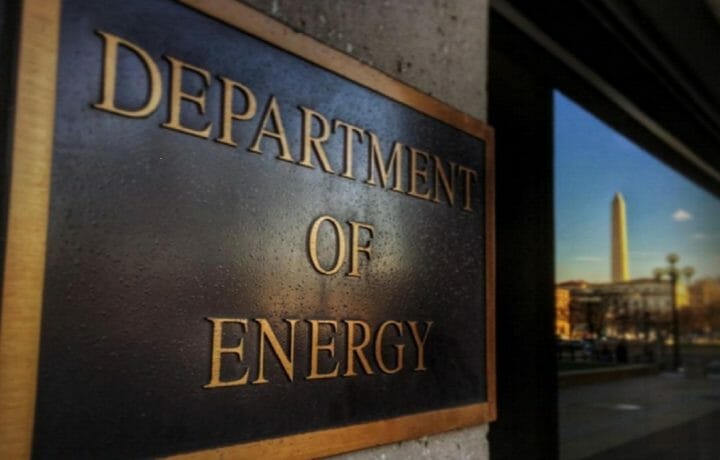The vast majority of government employees and contractors make it through their careers without so much as a blip on personnel security officials’ radar. That being said, a not-insignificant number of cleared workers do encounter problems obtaining or retaining their clearances at some point. Anecdotal evidence suggests that these folks constitute about 5% – roughly 1 in 20 – of the cleared workforce. My experience has been that most of them are good people who simply made a mistake. Others run into problems entirely unrelated to their own conduct (e.g. foreign family members), and some are victims of whistleblower reprisal, politics, or personal disputes masquerading as legitimate security concerns.
If you’ve never been one of that 5%, chances are you’ve never contemplated the administrative due process system in place for challenging security clearance denials and revocations. That’s certainly understandable. But consider for a moment the fact that you may someday need to avail yourself of that system. And let’s say, hypothetically, that it is because someone has made accusations of misconduct against you. Wouldn’t you assume that you have a right to confront your accuser?
Most cleared contractors are, indeed, entitled to that right of confrontation under longstanding Executive Order (subject to a couple rare exceptions). However, contractors within the intelligence community agencies are excluded from that Order, as are – surprisingly – all federal employees. The result is that baseless accusations of misconduct can be hurled against intelligence community contractors, civil servants, and members of the Armed Forces – and those on the receiving end have absolutely no right to confront their accusers prior to being potentially stripped of their security clearance and livelihood.
If that sounds like a gross injustice, its because it is. I’ve written previously about this two-track system of justice within the specific context of the Defense Department, only to be met with silent shrugs of indifference from DoD leadership. That is unfortunate, because our men and women in uniform, and the civilians who support them, deserve better.
There is, however, one bright spot in government; an exception to the lack of confrontation rights discussed above. That is, oddly enough, the Department of Energy (DOE).
DOE has by federal regulation long extended to its security clearance holders – both contractors and employees – the right to not only confront their accusers, but also a vehicle by which they can compel their accuser’s appearance before a DOE Administrative Judge: subpoena power.
Incredibly, even those contractors outside DOE who are entitled to confront their accusers don’t have subpoena rights. The result is that, while the government’s case dies on the vine without a witness, there is no formal process for compelling accusers to reap what they sowed. In other words, the system remains ripe for abuse as a tool of harassment and intimidation, particularly by superiors against subordinates. Even if the clearance holder ultimately wins his or her case, it isn’t first without significant time, stress, expense, and damage to reputation. Some clearance-holders can’t even see the process through because they are first terminated from their jobs (resulting in what some agencies, like DoD, deem a “loss of jurisdiction”) and others are forced to quit and find work elsewhere because they can’t afford to sit idly without a paycheck for the months or years it takes to resolve a case.
With so much riding on these cases for federal employees and contractors, it’s time for all government agencies to take a cue from DOE and start treating the security clearance denial/revocation process with the seriousness it deserves. That can be easily accomplished by extending the provisions of Executive Order 10865 to all security clearance holders, strengthening repercussions for abusing the system, and affording subpoena rights to all.
This article is intended as general information only and should not be construed as legal advice. Consult an attorney regarding your specific situation




